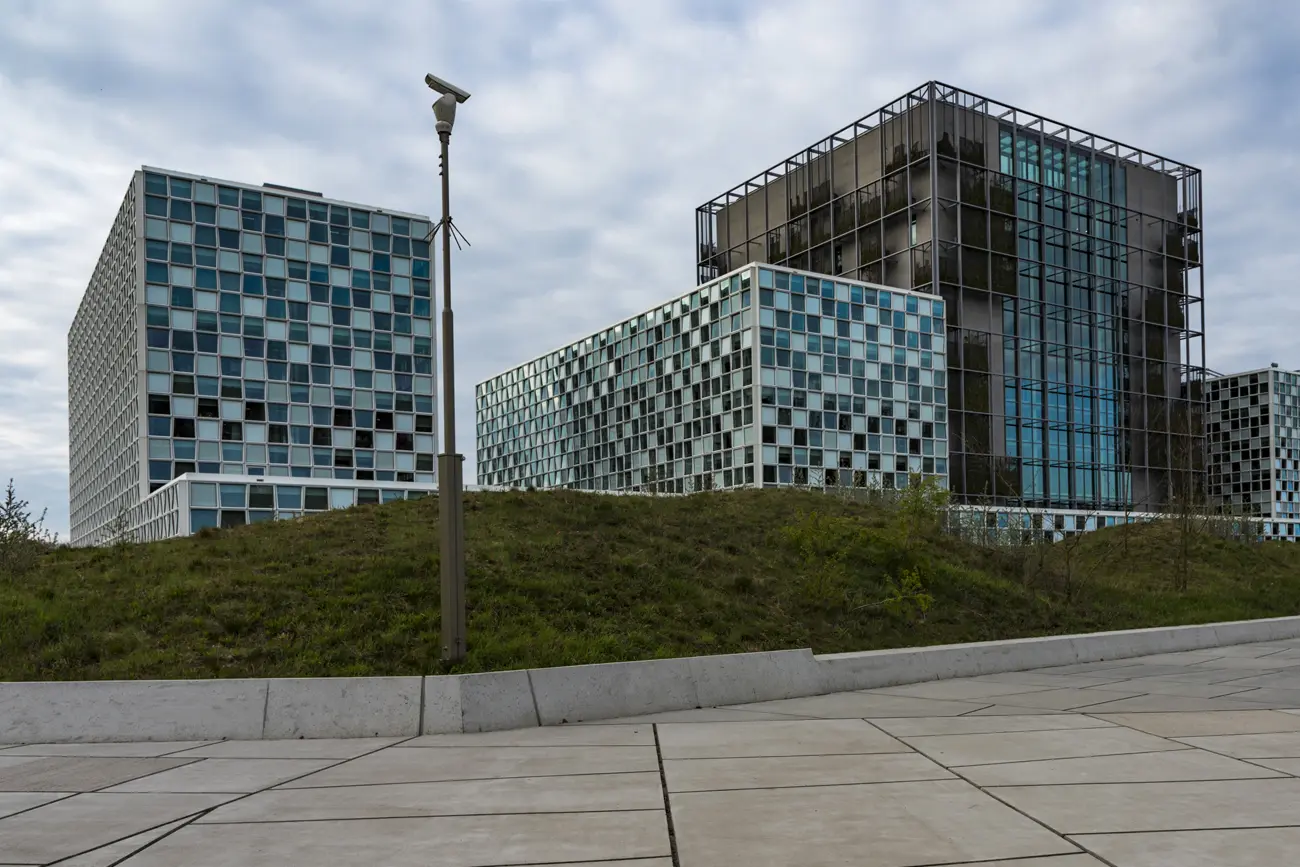
17 July marked the anniversary of the adoption of the International Criminal Court (ICC) Rome Statute. The decision to mark this anniversary was made at the first Review Conference of the Rome Statute in 2010 as a way to recognise the efforts of the international community to eradicate impunity. The establishment of a permanent international criminal court was the manifestation of a united commitment to securing accountability for crimes against humanity, genocide and war crimes. However, where does the ICC really stand after twelve years of existence?
Thus far the ICC has secured only two convictions both of which came from the situation in the Democratic Republic of Congo (DRC) where the Prosecutor began investigations in June 2004. Six cases have been brought before the court: The Prosecutor v. Thomas Lubanga Dyilo; The Prosecutor v. Germain Katanga; The Prosecutor v. Bosco Ntaganda; The Prosecutor v. Mathieu Ngudjolo Chui; The Prosecutor v. Callixte Mbarushimana; and The Prosecutor v. Sylvestre Mudacumura. Only Thomas Lubanga and Germain Katanga have been convicted and those convictions have not been without controversy.
The Lubanga case, which took almost 10 years to complete, led to a conviction on 14 March 2014 for the war crime of conscripting and enlisting children under the age of fifteen and using them to participate actively in hostilities. Unfortunately, this judgment was heavily criticized by legal scholars as they cited the following irregularities: the classification of the conflict (whether it was international or non-international in nature); the way in which the Office of the Prosecutor (OTP) gathered evidence including the controversial use of intermediaries; and the fact that Lubanga was not charged with sexual violence despite the existence of witness testimony alleging sexual violence had been perpetrated.
In May 2014 the Court handed down only its second conviction sentencing Germain Katanga to twelve years imprisonment for crimes against humanity (murder) and war crimes (murder, attacking a civilian population, destruction of property and pillaging). However, the Court was once againcriticised for failing to adequately address the charges of sexual and gender based violence as Katanga was acquitted of those charges. Although the OTP released its Draft Policy Paper on Sexual and Gender Based Crimes in February 2014, implementation is lacking. The draft policy paper is designed to elevate this issue to one of the OTP’s key strategic goals in its 2013 – 2015 plan. In the Draft Policy Paper the OTP commits to, “integrating a gender perspective and analysis in all its work, to being innovative in the investigation and prosecution of these crimes, to adequately train staff, and to give special attention to how staff interact with victims and witnesses.”
As for the remainder of the accused, the Court acquitted Mathieu Ngudjolo Chui and the Trial Chamber declined to confirm charges against Mburshimana. Bosco Ntaganda surrendered himself to the Court and all charges against him were confirmed. Mudacumura remains at large. This makes the DRC the only situation country that has seen any tangible legal outcomes from the ICC.
The other unresolved cases before the Court are cases from Libya, Central African Republic, Ivory Coast, Kenya, Sudan (Darfur), and Uganda.
The ICC’s reputation has also been tainted by allegations of the Court targeting Africans. Whilst there is a reasonable and logical explanation for the prevalence of African dockets before the Court, this perception has done significant damage. However, the ICC may have helped to shift the perception by reopening investigations into torture allegedly perpetrated by British troops in Iraq. It remains to be seen whether anything will come from this but it can be added to the small list of non-African situation countries that includes: Georgia; Honduras; Columbia; Afghanistan; Comoros; and the Ukraine. The decision to reopen investigations into UK conduct is significant as this is the first “super power” to be investigated.
The ICC is also crippled by political considerations at the United Nations Security Council (UNSC), as non-signatories to the Rome Statute can only come before the Court if they are willing to subject themselves to the Courts’ jurisdiction or if they are referred to the ICC by the UNSC. The ongoing perpetration of crimes against humanity in countries like Syria remains as a glaring reminder of the short arm of the Court and how political considerations have crippled the UNSC and ultimately the ICC itself.
There have been positive developments at the ICC, including the OTP strengthening cooperation between the World Bank’s Anti-Corruption Unit. The OTP has also established a Scientific Advisory Board that will provide recommendations to the Prosecutor about the most recent developments in emerging technologies to reinforce the OTP’s ability to collect and manage scientific evidence.
Despite the criticism levelled against the Court, it cannot be denied that the ICC has a complex mandate. Whilst it is not a perfect institution it remains a necessary part of the international criminal justice project. The success of the Court hinges on constructive criticism and engagement as well as support and cooperation from the international community. This anniversary should be used as a reminder of how far the ICC has progressed and how much work still needs to be done.
This entry was posted in Blog, International Criminal Justice. Bookmark the permalink.



